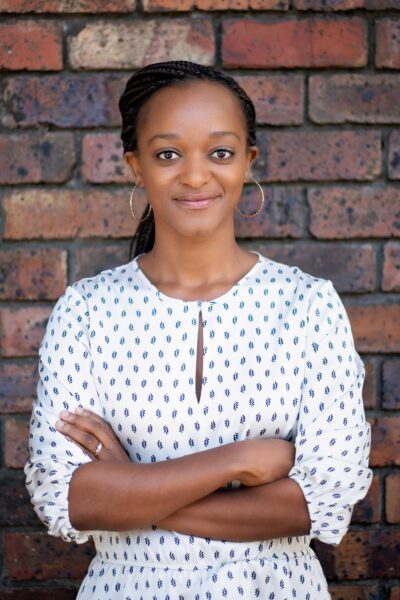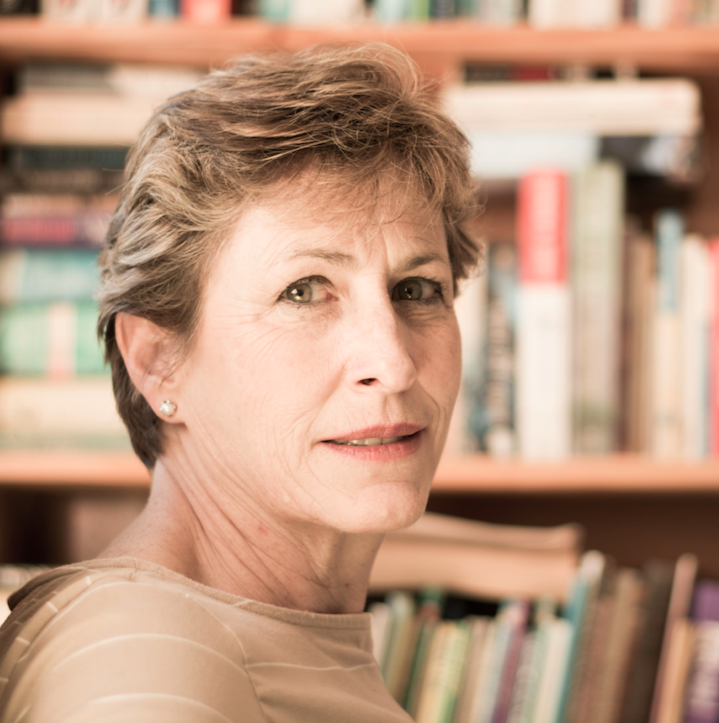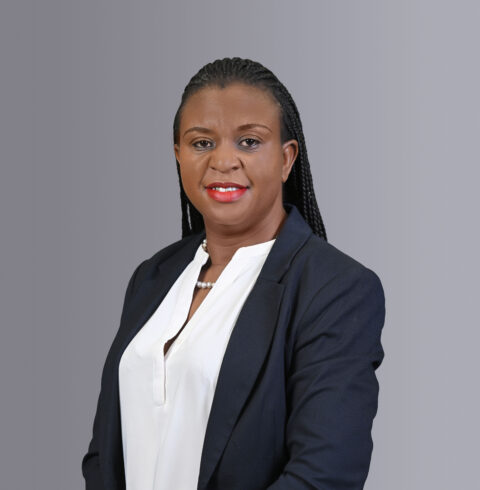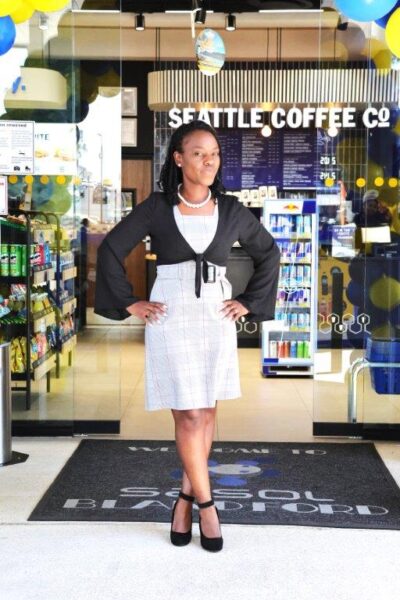Celebrating Women PR
A Bitter Pill To Swallow
Dr Cathy Donald says two questions she frequently encounters are: “What is it like being a doctor, especially a female doctor?” and “Has the world of medicine evolved.” She further shares that when consulting with a patient it can be irritating to be asked when the doctor will arrive. Mostly, it’s due to cultural expectations and because, in the past, there were far fewer women doctors.
Setting the scene
Dr Donald explores this theme through her lead character Emily in her book, Breathless, set during the COVID-19 pandemic. The scene unfolds like this:
Emily overhears a loud-mouth, know-it-all in a bank queue sharing conspiracy theories.
“Excuse me Sir,” she starts with deliberate self-control. “But it [COVID] isn’t any flu we’ve had before. It kills roughly two per cent of those who contract it, making it extensively more virulent than any other flu.”
He looks at her with a patronising expression: “In your opinion.”
“Yes,” she says, desperately trying to swallow her irritation. “An informed evidence-based opinion as opposed to your ill-informed amateur one.”
She has his full attention now.
“You believe it’s real,” he grunts.
“Let’s put it this way. If it isn’t real, then I sure as hell don’t know what I’ve been doing for the past few months.”
“You a nurse then?”
“No, I’m an anaesthesiologist.”
Prejudice persists
Dr Donald goes on to say: “Especially in days gone by, it was not uncommon for male colleagues to be patronising and belittling. Disappointingly, prejudice came from female colleagues too. Nursing sisters sometimes made life difficult for junior woman doctors and loathed taking orders from us.”
Women are often seen as unwilling to take on extra in the field. Remarks are passed about women not being willing to put in the hours that their male counterparts happily put in. This is not from an inherent laziness or incapacity to work, but because of the expectations facing a woman as the primary caregiver, homemaker, chef, driver, and so forth. Until the social framework changes and men and women share equal roles with familial responsibilities, women cannot put in those extra hours.
From the onset, women have had to prove themselves in what was a traditionally male-dominated field. The rigidity of the profession around shifts leads to dissatisfaction and sometimes women leaving the profession to pursue careers that provide a better work-life balance.
Despite challenges, the ratio of female doctors has tripled over the last few years, according to the World Health Organization.
The picture of health
Anxiety, depression and burnout remain big hurdles, and the stigma around mental health means many don’t disclose their difficulties. Women, especially, suffer silently because admitting the need for time off due to burnout or postnatal depression is misconstrued as laziness. However, validating mental health as part of our holistic health means it will not be seen as an excuse to take time off.

Women are finding new ways to practise medicine and still manage other responsibilities. “Online platforms are transforming how we access, pay for and experience care,” Unu Health’s Dr Phatho Zondi explains. “Providing access to quality primary care early on improves clinical outcomes and, invariably, reduces the impact on economic productivity. By delivering an affordable healthcare platform, we can contribute positively to improved health on the continent and the overall gross domestic product of Africa,” she says.
Digi-health innovations and the conversation around workplace policy are moving in a female-oriented direction. This entices women to not only enter the field, but also to specialise. While certain specialities were more “suitable for women”, nowadays, more women are specialising in surgical medicine – previously deemed more male-appropriate.
A woman’s work is never done
While challenging, medicine is rewarding because it makes a difference, which compels doctors to continue their pursuit. Women bring something different and much needed to the table. Doctors, such as Dr Zondi and Dr Donald, are defying stereotypes and rewriting the narrative. Women are pivotal in redefining the way we view medicine.
Women doctors are not lazy. After a day of saving lives, doing the dishes and tucking kids in, they still thrive. An anthropological study conducted earlier this year by The Conversation discovered that women do indeed work harder than men. We should be asking why.





